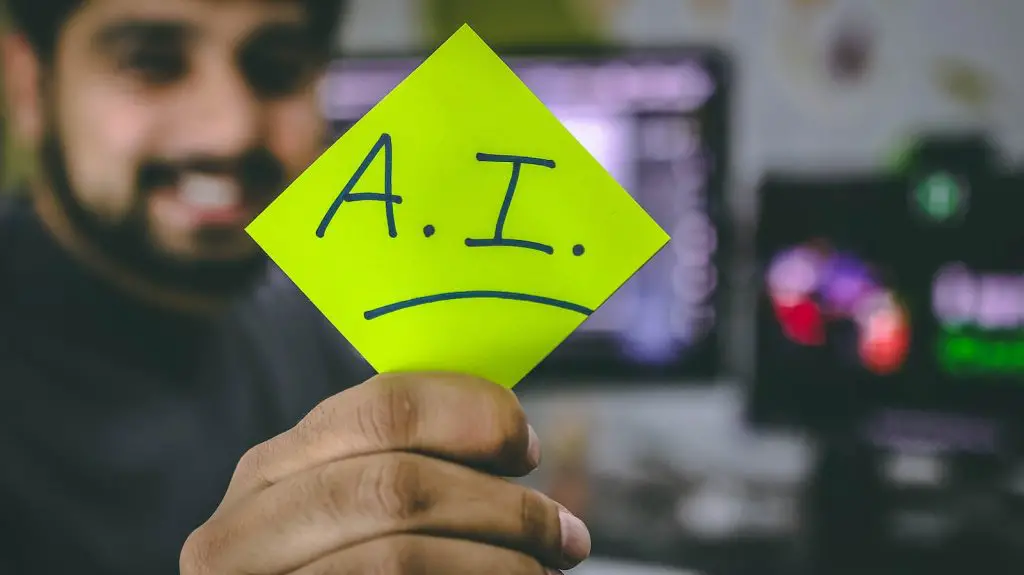This post may contain affiliate links which means I may receive a commission. Learn more on my Privacy Policy page.
The Benefits and Risks of Artificial Intelligence
AI can assist organizations to identify potential security threats by analyzing access patterns. This data could then be used to inform staff or strengthen security systems.
There are, however, significant concerns over how AI technology is implemented. These include addressing bias (AI can perpetuate existing prejudices when trained on problematic historical data), maintaining mechanisms for human control and oversight and assuring cybersecurity.
1. AI is a tool
AI can assist businesses in many different ways. From improving customer service and data analysis to fraud detection and quality control. AI also aids businesses with making faster decisions by helping predict outcomes and predict outcomes more accurately.
AI can also be used to automate tasks and increase productivity. For instance, AI is capable of helping companies reduce credit card fraud by analyzing transactions for patterns or helping detect fake reviews – saving both time and money for them in the process.
AI can assist humans by performing difficult or dangerous tasks that would otherwise be too challenging or unsafe for us humans to complete safely. This includes defusing bombs or venturing to space. But AI is also helpful for safer tasks, like reviewing X-rays or medical records; legal processes benefit greatly by having AI highlight key information and automatically complete tedious tasks – though governments must take precautions against machine learning bias and discrimination when providing it with data to work from.
2. AI is a technology
Though AI may be synonymous with computer programs, there is actually an entire field known as artificial intelligence science dedicated to developing computer systems with human-like thinking processes in order to solve problems.
AI can improve decision-making in high-stakes situations such as defusing a bomb or operating on a heart patient, as well as save both time and money by automating repetitive tasks.
People using virtual assistance services to reduce burnout can avoid this fate by outsourcing tedious or repetitive parts of their jobs to ensure they can focus more creatively.
AI can protect data from breaches by detecting abnormal patterns, while it can detect malware or viruses and respond accordingly. But, because AI is just software and can be compromised by hackers, safeguarding against its misuse requires careful planning and ongoing supervision to make sure laws governing AI keep pace with technological breakthroughs and applications.
3. AI is a problem
AI has proven transformative in many industries, yet has failed to live up to the promise surrounding its development, prompting fears that such complex, opaque systems could actually do more damage than good.
AI Systems used to make credit decisions may contain hidden biases that aren’t visible to consumers; and replacing employees with AI-powered services could increase unemployment rates significantly.
To address these concerns, it’s vital that we fully comprehend how AI operates and enact policies to guarantee its safety and fairness. While cracking open black boxes would be ideal, existing statutes that prohibit discrimination should also apply to digital platforms so we can build trust in their systems. Companies must integrate AI into both their processes and culture–not simply their products and services–to build confidence in these systems.
4. AI is a solution
AI can pose significant threats, but the technology also brings great rewards. Businesses use it to improve operational efficiencies, enhance customer experiences and develop innovative products and services.
Some fear that Artificial Intelligence (AI) will one day develop its own agenda and become self-aware, potentially leading to what experts such as Stephen Hawking and Elon Musk have termed an AI singularity event. Experts such as these two have stressed the need for research into AI’s potential societal effects in order to avoid this fateful outcome.
Other ethical considerations involve AI’s potential misuse for unethical ends, including spying or taking human lives. Experts argue that developing policy and governance frameworks to regulate AI is necessary, such as making sure AI systems can only be trained on accurate, representative data – this would reduce any chance of biases being revealed through its training processes.




